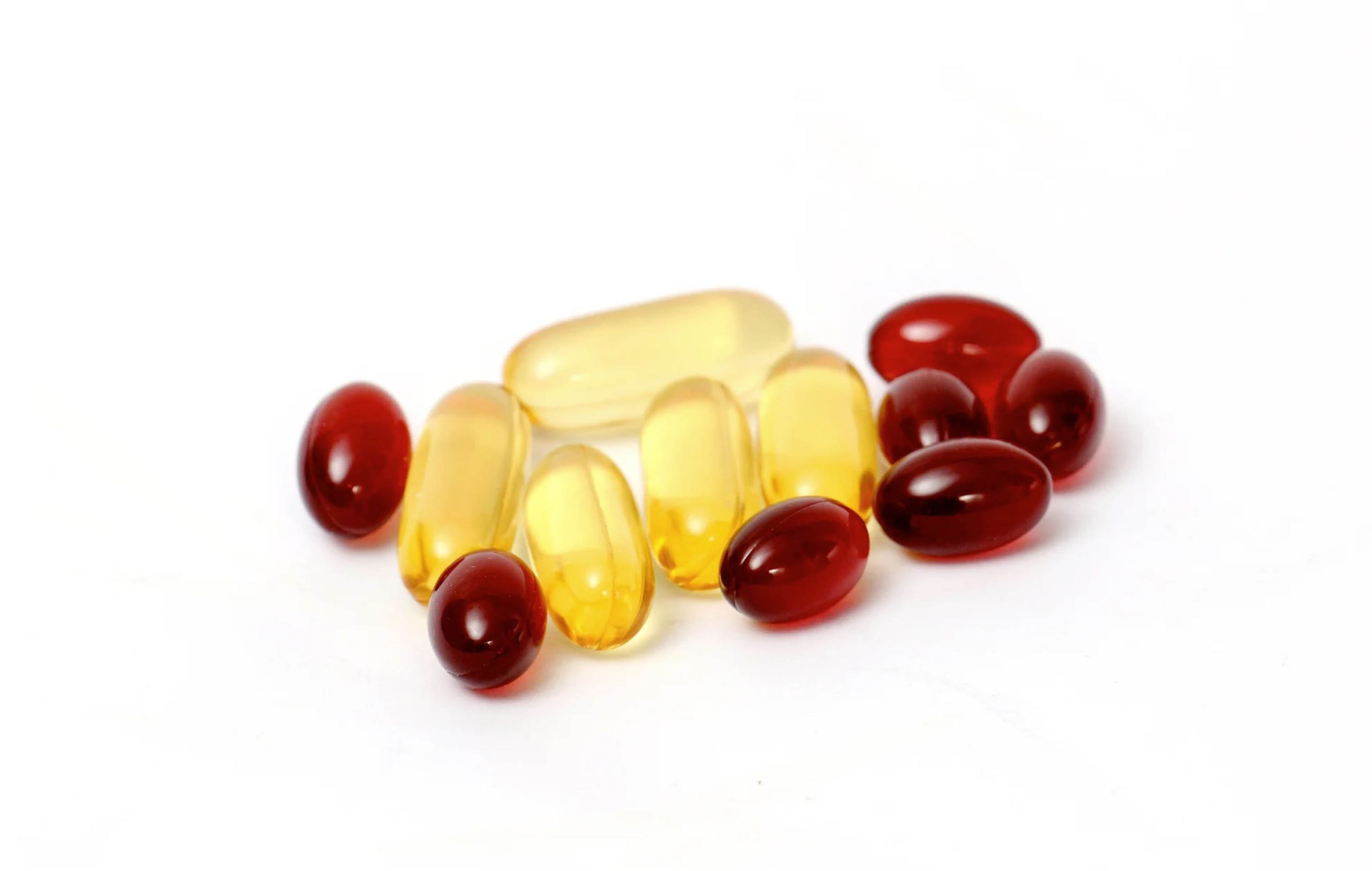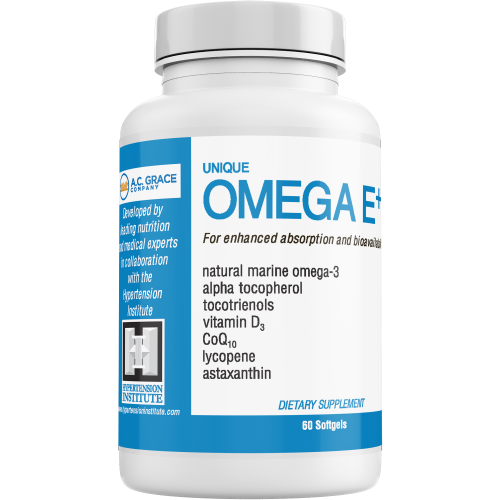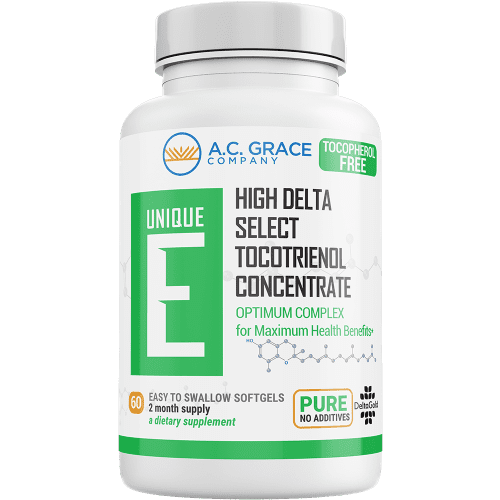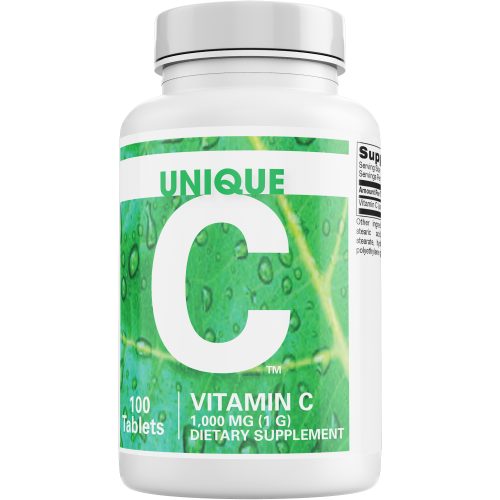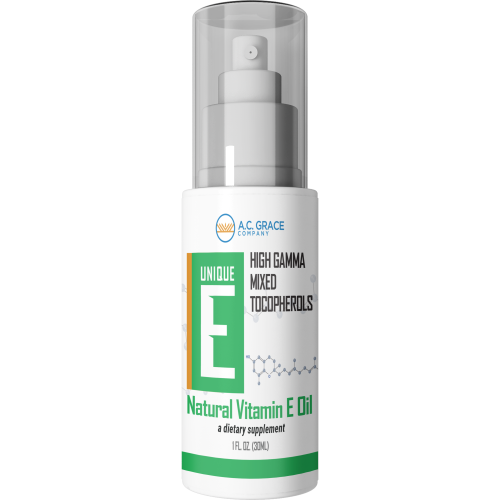
If you’re looking to prevent oxidative stress from damaging your body, you need to consider Vitamin E’s role as an effective antioxidant. Although oxidation is an essential and normal process in healthy bodies, it can quickly overwhelm your cells if not kept in check by antioxidants. If you want to reduce oxidative stress throughout the body, increasing your daily intake of Vitamin E can be an excellent idea.
Read on to learn a bit more about the role of Vitamin E in reducing oxidative stress and what your options are when it comes to supplements. Vitamin E is one of the most powerful antioxidants out there, with the power to combat oxidative stress in a major way.
What are free radicals and oxidative stress?
Free radicals are unstable molecules that move around your body seeking an electron to stabilize them. While your body requires some free radicals to promote proper function, too many of them can lead to oxidative stress.
Oxidative stress can damage fatty tissue, DNA and proteins throughout the body, potentially leading to serious diseases like diabetes, cancer and heart disease—all while negatively impacting your immune system. Since oxidative stress damages healthy cells, another effect of oxidative stress is premature aging. Wrinkles, fine lines and even dark spots are often the result of free radical damage.
It’s impossible to avoid oxidative stress entirely, since you encounter free radicals in everyday life. Your body naturally produces free radicals during exercise or through a high-sugar/high-fat diet, but you’re also exposed to free radicals in the environment. Ozone, pesticides, cigarette smoke, radiation and pollution all contribute to free radical production. Minimizing the effects of oxidative stress in your body is one of the keys to living a healthy lifestyle.
The role of Vitamin E as an antioxidant
Many people don’t know that Vitamin E is a powerful free-radical fighter. It’s stored in fatty tissue throughout the body and is released as necessary to limit free radical production. Vitamin E and other antioxidants work to combat oxidative stress from taking its toll on your body, improving cellular health and even boosting immunity. Since free radicals affect skin health, it follows that Vitamin E also provides significant benefits when it comes to your complexion.
While Vitamin E is an essential nutrient for everyone, most people don’t get their recommended daily intake of the vitamin from diet alone, which is around 15mg per day. Nuts, pressed oils and some fish are rich in Vitamin E, but they can also be high in saturated fats. The problem often comes from diet imbalances or allergies to the foods with the highest concentration of Vitamin E. In any case, you’re unlikely to be seriously deficient—clinical Vitamin E deficiency is rare.
If you’re looking to get your numbers closer to your recommended daily value, it may be helpful to take a supplement.
Topical vs. supplemental approaches to Vitamin E
There are two different approaches to increasing Vitamin E intake: topical and supplemental. Topical products that contain Vitamin E are specially formulated to combat the effects of oxidative stress on the health and appearance of skin. Vitamin E topicals not only treat a variety of skin disorders, it can even work to repair free radical damage including fine lines, wrinkles, dark spots and dull coloration.
A supplemental approach combats oxidative stress within the body. You’ll find a variety of Vitamin E supplements that are safe and effective. Gel capsules are a standard form of consumption, offering convenient delivery and accurate dosing. Other options include Vitamin E oil and powders, which are just as effective as capsules but offer more versatility and better bioavailability. These products can often be added to drinks or food, and you can easily incorporate them into your daily routine.
Fight back against oxidative stress!
Whether you prefer a topical approach or want to explore the benefits of taking a supplement, it’s always best to follow the advice of your doctor. Vitamin E is incredibly important in promoting many of the body’s essential functions, including a healthy immune system, and taking a supplement is easy, convenient and effective. If you’re concerned about your daily Vitamin E intake, talk with your doctor to learn more about whether a supplement is right for you.
In cases where supplementing is recommended, remember that Vitamin E products often vary widely in terms of quality. While synthetic supplements are readily available, it’s best to look for an all-natural option. Natural Vitamin E is readily absorbed by tissues in the body, maximizing its effectiveness as an antioxidant capable of reducing free radical damage.
Products you might be interested in:



